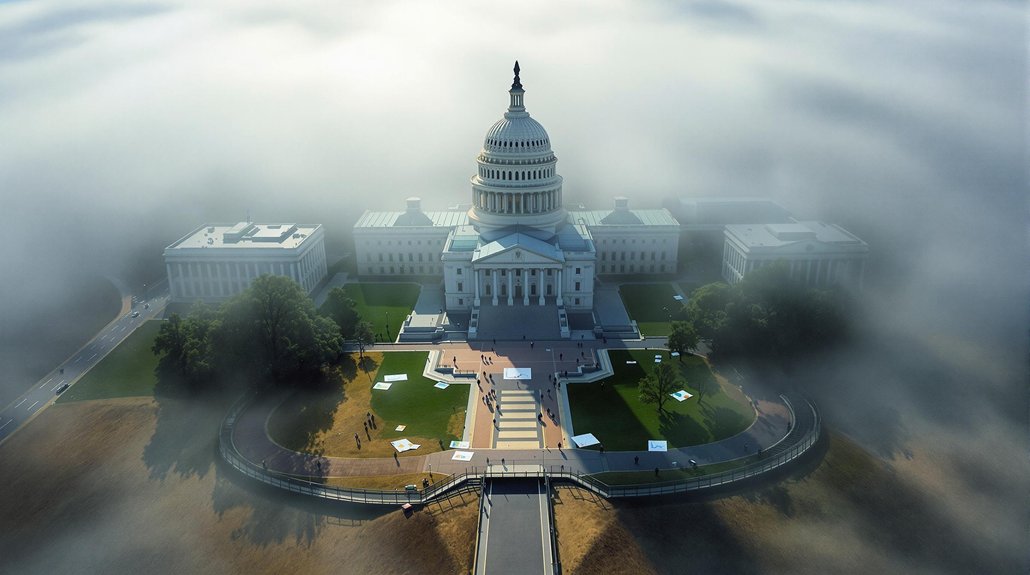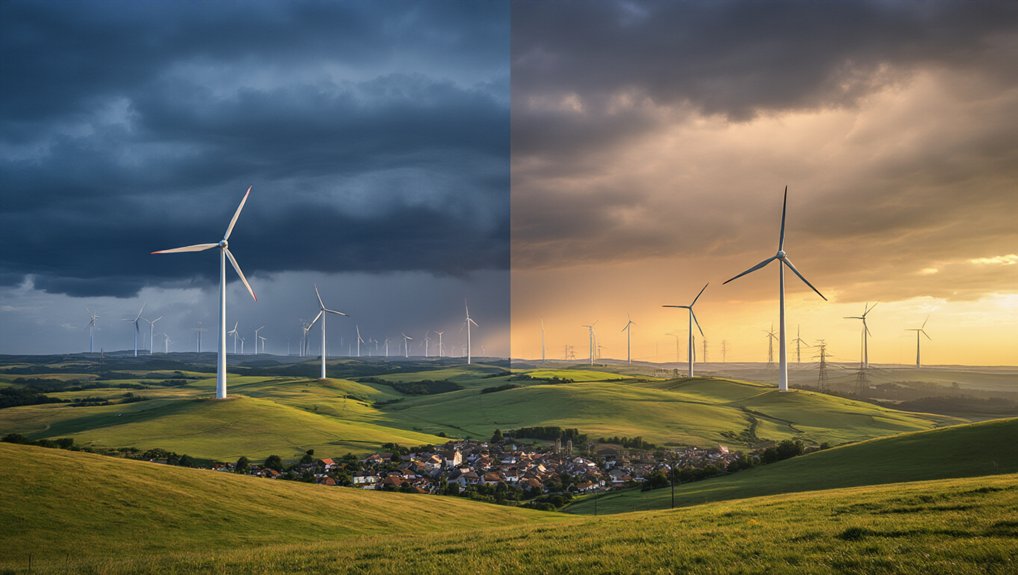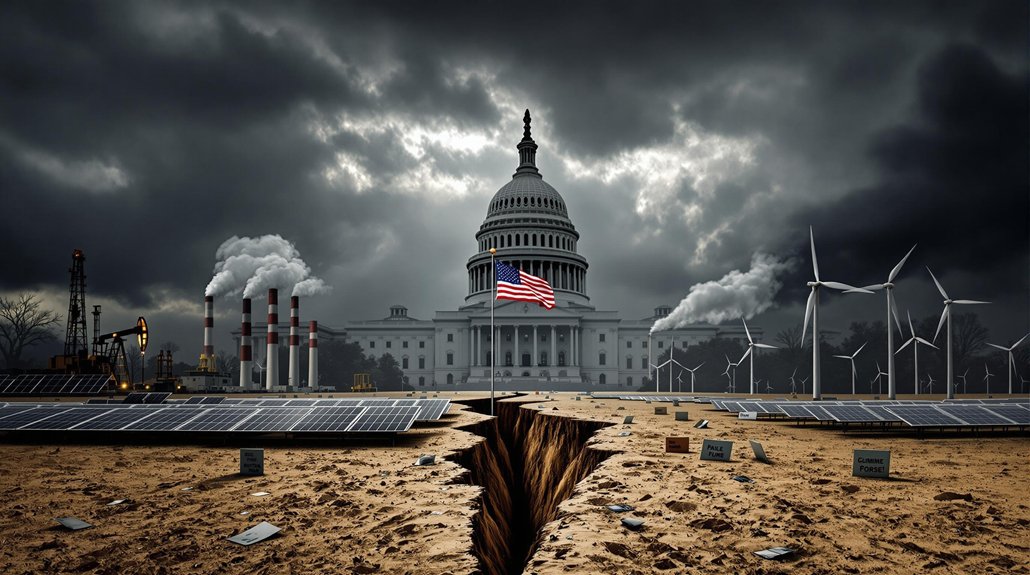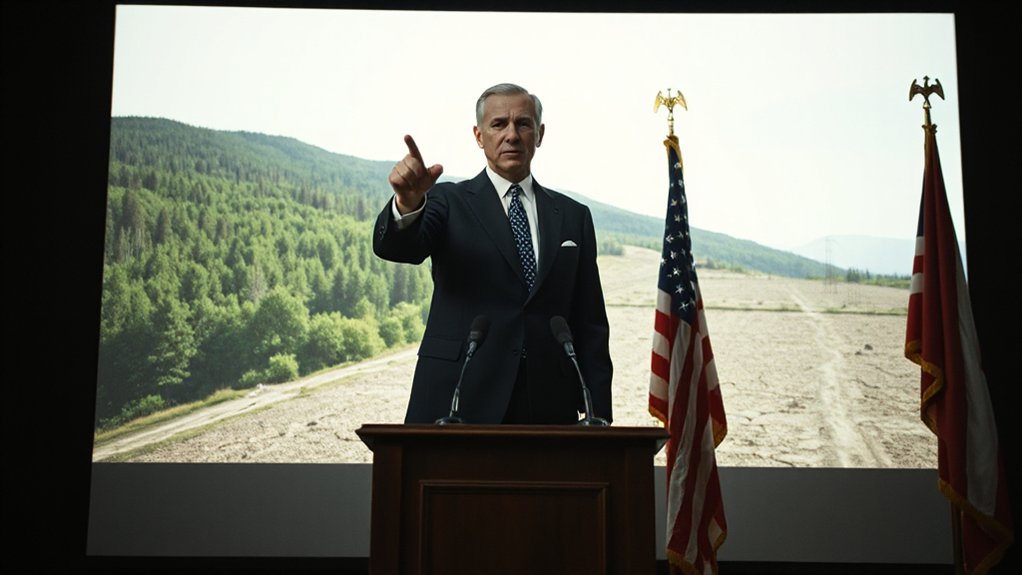Capitol Hill increasingly abandons facts for political narratives. Lawmakers vote along party lines while ignoring objective evidence and expert testimony. Social media amplifies this problem by spreading misinformation that elected officials often repeat. The January 6th Capitol attack demonstrated the real-world consequences of fact-free governance. Legislative decisions now rely more on intuition than evidence, creating laws based on unsubstantiated concerns. This widening gap between facts and politics threatens informed democratic decision-making processes.
Facts are taking a back seat in Washington as political polarization continues to reshape how Congress operates. Lawmakers increasingly vote along party lines, often ignoring objective evidence that contradicts their political narratives. This troubling trend has led to gridlock on important issues where data-driven solutions are desperately needed.
Congressional hearings now frequently dismiss expert testimony in favor of partisan talking points. When specialists from agencies like the CDC or DOJ present evidence, they’re often met with skepticism shaped by political affiliations rather than legitimate scientific concerns. This dismissal of expertise affects critical policy areas including climate change, public health, and national security.
When experts speak, lawmakers now hear only what aligns with their party’s narrative, endangering crucial policy decisions.
Social media has accelerated this retreat from facts. Platforms spread misinformation quickly, with algorithms favoring sensational content over accurate information. Some elected officials amplify unverified claims, confusing the public about what’s real. Despite clear dangers, regulations haven’t kept pace with these digital challenges.
The January 6th Capitol attack demonstrated the real-world consequences of fact-free governance. False claims about election fraud, despite overwhelming evidence to the contrary, motivated violent action. Investigations later showed that over 1,600 people faced charges for their roles in an event fueled by belief systems that rejected established facts. The attack resulted in approximately 140 police officers being assaulted while defending the Capitol building.
Legislative decisions increasingly rely on intuition rather than evidence. Laws addressing “election integrity” cite voter fraud concerns despite minimal proof such fraud exists. When making their case, politicians often cherry-pick statistics or highlight rare outlier studies that contradict scientific consensus. The situation is particularly troubling considering that Capitol Hill sits on what was once called Jenkins Hill, a location specifically selected for its prominence in the city’s design.
This shift toward emotion-based lawmaking prioritizes short-term political wins over long-term public interest. Anecdotes regularly replace thorough data analysis in congressional debates, while legislators frame misleading narratives by selectively using statistics that support their position. While approximately 75% of emissions come from fossil fuels, many lawmakers continue to resist the global transition to renewable energy despite strong economic and environmental evidence supporting the shift.
The growing gap between fact-based governance and today’s political reality threatens America’s ability to address complex challenges effectively. As intuition trumps evidence on Capitol Hill, the foundation of informed democratic decision-making continues to erode.









